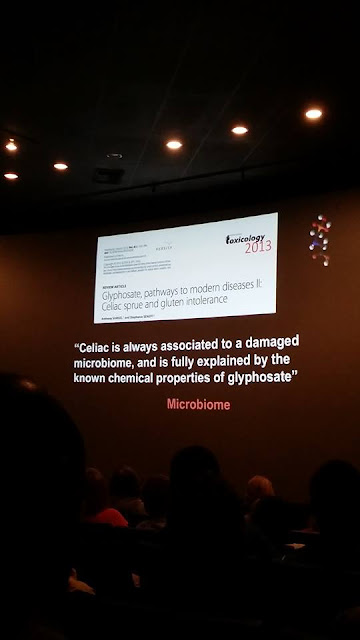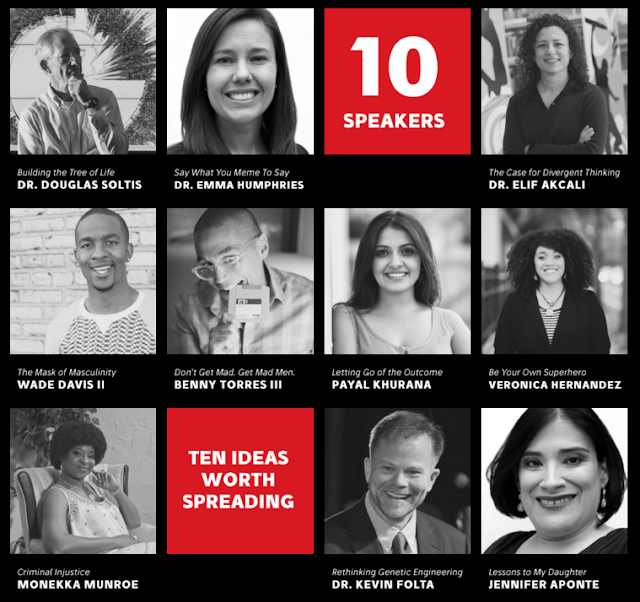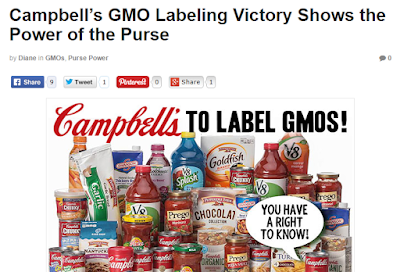Vrain's Talk Underwhelmed; Claims of "Fascism"

The story was a simple one. A Houston museum's credibility was on the line when an employee booked an anti-GMO activist to come speak about "Poison in your food." Decades ago Dr. Theirry Vrain used to publish papers on nematology and relationship to DNA restriction-length polymorphisms (good times in the 80's!), among other work. He's been out of hard science for some time now. Since, he uses that credibility to be one of a handful of credentialed scientists that makes the rounds spreading false information about food, farming and associated technologies. In short, I wrote an article about "Pseudoscience Creep," the phenomenon where poor-quality activist claims are weasling their way into our conferences, museums and other reputable forums. The idea is to steal the credibility of the venue and promote activist positions. Museum officials and others asked me about Vrain's claims that there is poison in the food. I explained USDA crop-residu...




